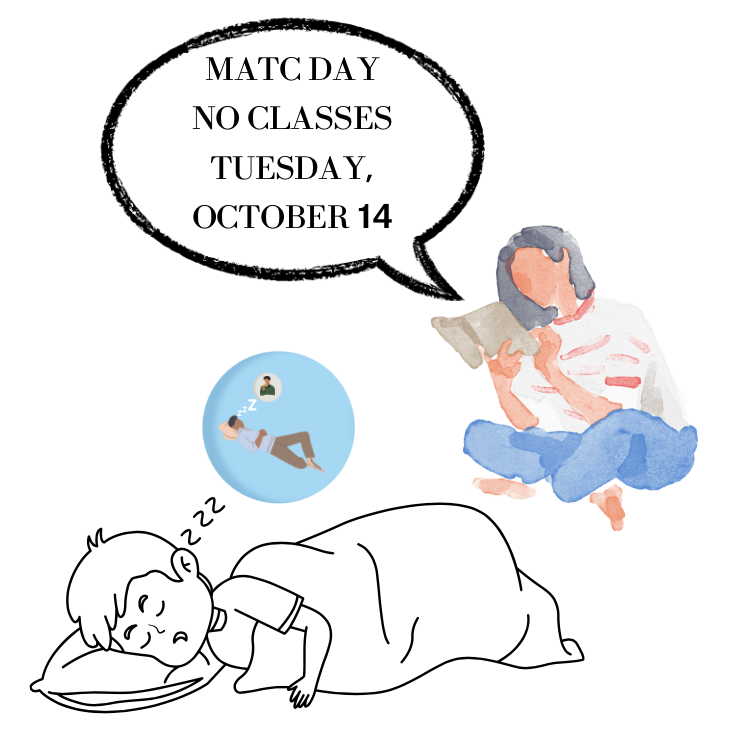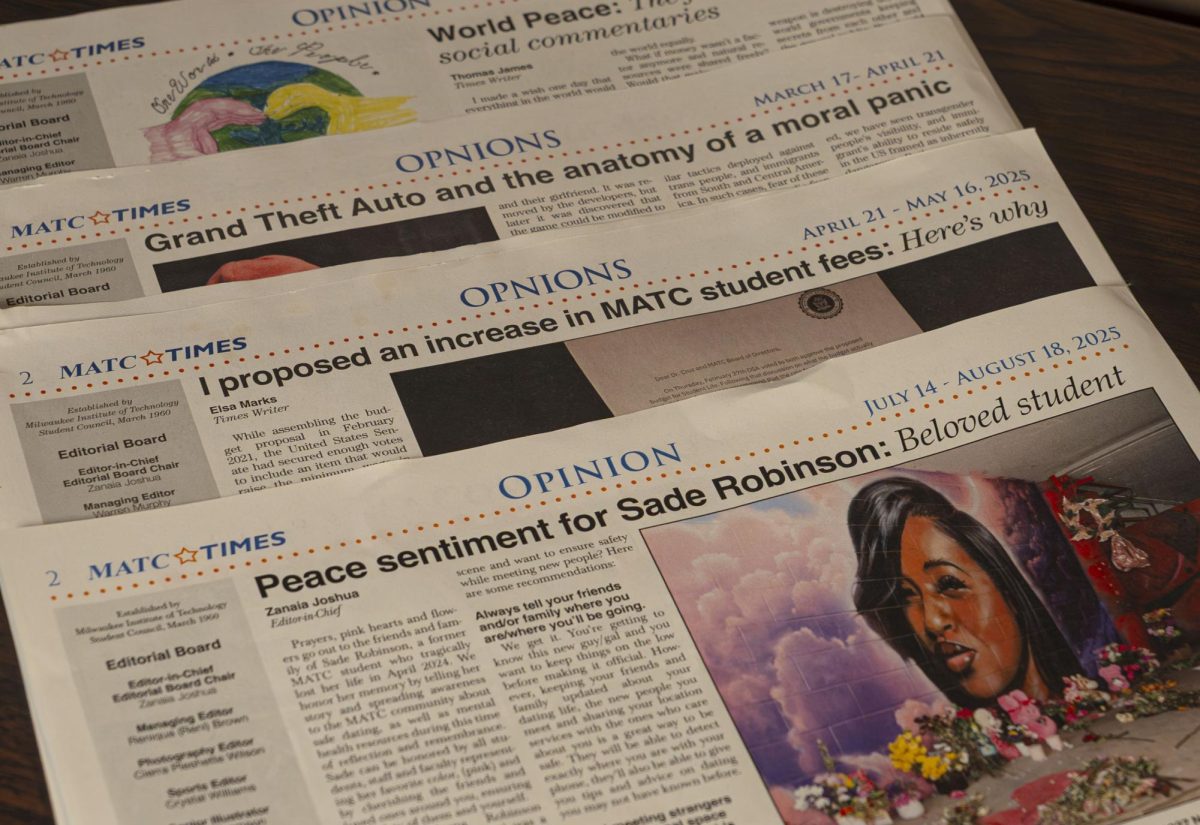Bullying is a real problem in our schools and online. Experts on student bullying agree that an adult’s intervention and an open, honest conversation about how words and actions affect the person bullied are effective ways to address it. Other experts argue that talking with friends and finding strength in numbers is the best approach. However, most experts agree that ceding to a bully’s demands is the wrong way to respond.
Appeasing bullies doesn’t work for grade-schoolers, so why would it work for adults? The U.S. Department of Education is currently attempting to compel higher education institutions across the country to change their offices aimed at promoting racial equity. If colleges and universities don’t comply, they face cuts to their federal funding.
On August 21, 2025, our college announced the dissolution of the Multicultural Services office. It will be restructured under a newly formed Office of Community Impact. This aligns with federal guidance. However, it’s unclear what specific services Multicultural used to provide that will no longer be offered. At the same time, four employees who worked in the office were terminated.
This isn’t the first concession made to the Department of Education to retain federal funding. You may have noticed over the past eight months that our Diversity, Equity, and Inclusion office has been renamed. Other local institutions, such as Marquette University and Gateway Technical College, have also dissolved or restructured offices dedicated to these programs to comply with federal directives. Across the country, these initiatives are being sacrificed.
It’s reasonable to assume that this won’t be the last time colleges are pressured to compromise. If there was an indication that this directive was based on good-faith criticism of how Multicultural services operated, or that this administration had made gestures toward expanding higher education in the first place, then perhaps these cuts could be viewed more pragmatically. However, an understanding of historical precedents shows that compromising with authoritarian governments can embolden them to demand more.
When dealing with bullies, appeasement is not a long-term solution. A bully will continue to take until they get everything they want. This is a lesson from history, where famously coercive regimes refused to settle for compromise. For example, Nazi Germany was allowed to remilitarize the Rhineland and annex the Sudetenland through the Munich Agreement. Before the American Civil War, the North ceded the humanity of Black slaves in the Three-Fifths Compromise. None of this appeasement ended the expansionist attempts by these powers; in fact, it emboldened them to continue, leading to some of the most violent conflicts in world history.
Are the stakes of this battle for higher education life and death? Not quite, but we do know the goals of the Department of Education. Project 2025 outlines plans for significant changes, including a focus on dismantling the department itself, choosing which curriculum it deems acceptable. It proposes shifting federal programs to other agencies and limiting federal aid, potentially affecting student loan programs and funding for institutions that cater to “high-risk” students.
Our administration has been successfully pressured into betraying values formerly put into practice through our Multicultural and DEI offices. Those who support these initiatives may have lost this battle, and I believe we can expect more attacks to come sooner rather than later. What will our college do the next time we are asked to compromise our values? What if federal directives target open enrollment or try to limit international students as they have at Harvard? I don’t know what the answer is, but I know giving in won’t work.


































































